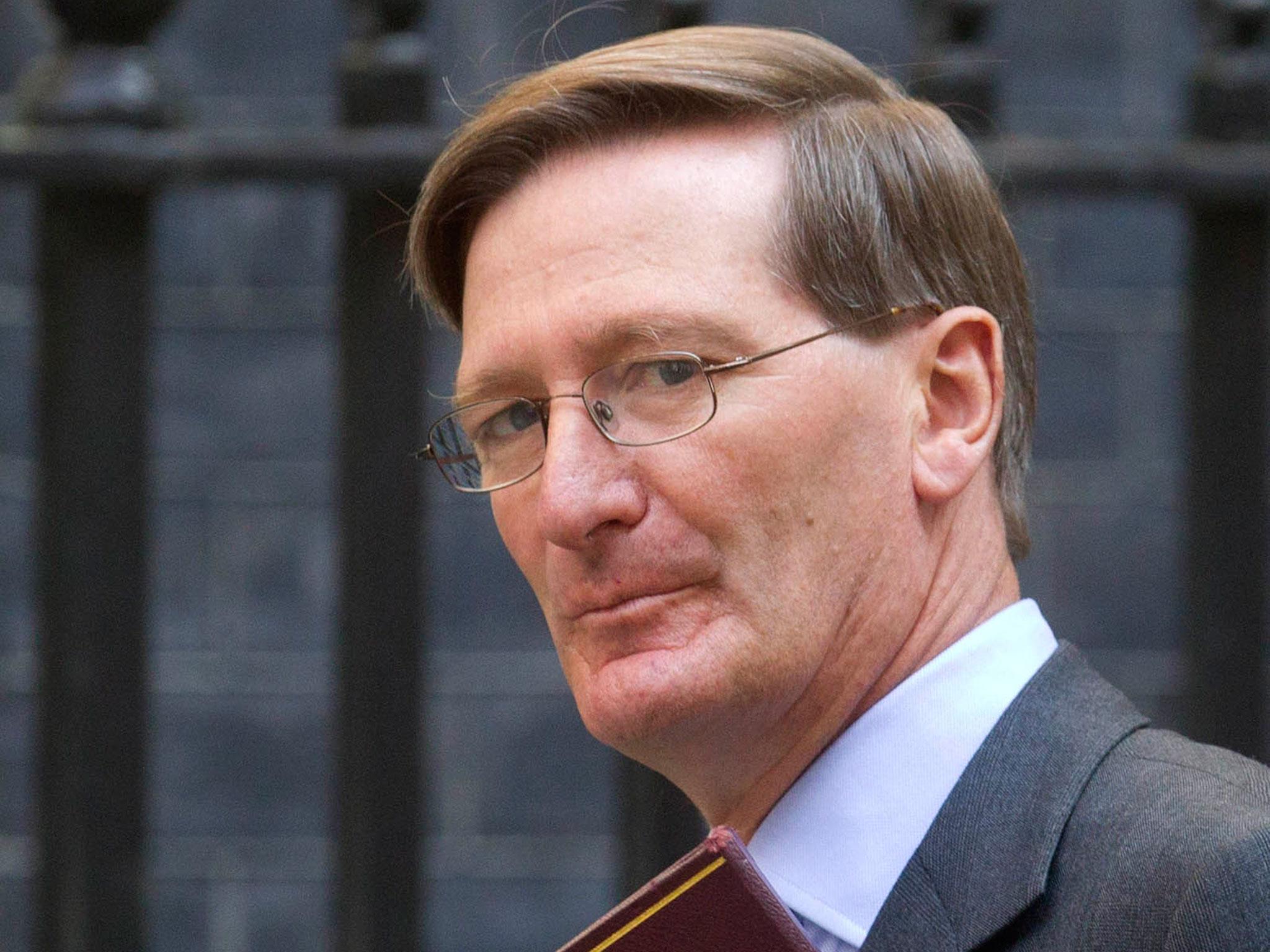A second EU referendum could be justified if it becomes clear public opinion has shifted strongly against Brexit, the former attorney general has said.
Dominic Grieve, a Conservative MP who was the Government’s chief legal advisor until 2014, said the result of the first referendum had to be “treated with respect” but that it was not necessarily set in stone.
In correspondence seen and verified by The Independent Mr Grieve tells a constituent that the result of the first referendum cannot be ignored, but that a second plebiscite could become democratically justifiable.
“We have to accept … that the referendum result represents, at the time it was held, a clear statement of a majority view that we should leave the EU,” he wrote. “In a democracy such a result cannot just be ignored. The Government and Parliament must treat it with respect. It is of course possible that it will become apparent with the passage of time that public opinion has shifted on the matter. If so a second referendum may be justified.”
Mr Grieve also rebuffed suggestions that supporters of the EU should not speak out against the result – arguing that in a free society people should be able to dispute the majority view. He said he remained supportive of people campaigning against Brexit, having been “deeply troubled” by the outcome of the vote.
“I have no doubt that the petition in which you are participating and other forms of campaigning which are now taking place may contribute to further debate in a positive way and I would encourage you not to give up!” he wrote.
“There is in a free society no requirement on us to change our opinions just because a current majority disagrees with them. Mine remain the same and I will continue to argue for what I believe to be right and in our best interests.”
Mr Grieve confirmed to The Independent that the correspondence was genuine.
The remarks by the MP come after research suggesting 1.2 million Leave voters regret their vote. The survey by Opinium, which accurately predicted the EU referendum result, found that up to 7 per cent of the people who voted for Brexit now regretted it.That polling was conducted after widespread anecdotal social media reports of people saying they only voted to leave the EU as a protest – and now regretted doing so.
Last week Labour MP Geraint Davies tabled an Early Day Motion suggesting that a referendum should be held on whether or not any negotiated Brexit package went ahead. Mr Grieve has not signed the motion.
The European Union referendum was held on 23 June, with 52 per cent of people voting to Leave and 48 per cent voting to remain. The referendum question was structured in such a way, however, that the settlement Britain would obtain outside the EU was not known. Politicians and campaigners are now at odds as to whether Britain will retain freedom of movement with the continent, and whether it will continue to have access to the single market.
There is also disagreement over how quickly so-called Article 50 provisions should be invoked, starting the formal Brexit process.
Labour and Ukip have said that the 2015 general election manifestos did not include any plans on how to leave the European Union and that a general election would give a new government a mandate for Brexit. The front-running candidates for the Conservative general election have suggested they do not want an immediate general election.

Join our commenting forum
Join thought-provoking conversations, follow other Independent readers and see their replies
0Comments